While Trump administration has certified Iran's compliance with JCPOA twice under a law that requires it to notify Congress of Iran's compliance every 90 days, there are some reports that president Trump's administration is planning to decertify Iran's compliance with the international nuclear agreement (JCPOA).
The US Ambassador to the United Nations Nikki Haley said before leaving to Vienna that the United States wants to know if the United Nations atomic watchdog plans to inspect Iranian military sites to verify Tehran's compliance with 2015 nuclear deal. She met with International Atomic Energy Agency (IAEA) officials in Vienna for what she described as a fact-finding mission, which part of President Donald Trump’s review of the deal Iran is made with world powers to curb its nuclear program in return for the lifting sanctions.
Analysts say recent actions by the US administration demonstrate that President Donald Trump plans to renege on the Iran nuclear agreement. During the election campaign, Trump threatened to rip up the agreement, calling it "the worst deal ever."
To shed more light on recent speculations, Payman Yazdani discussed the issue with assistant policy director of National Iranian American Council, Ryan Costello.
Commenting on possible withdrawal from JCPOA by the US administration and possible consequences, Costello said, “If the US withdraws from the deal while Iran remains in compliance with the JCPOA, there is likely to be a split in the 5+1. Some parties – Russia, China and perhaps the EU – would likely seek to sustain the JCPOA including by taking actions to protect their companies from the reach of US extraterritorial sanctions. There is clearly an incentive for them to do so, given the non-proliferation and regional security benefits of the JCPOA, in addition to the benefit of continued trade with Iran.”
He added, “However, some nations – particularly in Europe – might not view the JCPOA as sufficiently beneficial to risk challenging the United States, a key trading partner and security guarantor. Further, as we have seen, corporations are likely to be more risk averse than governments with respect to taking advantage of sanctions relief under the accord. So while it is possible that the JCPOA is saved by the rest of the 5+1, it is perhaps equally likely that the snapback of US sanctions undermines implementation so badly that the accord unravels – returning the US and Iran to the disastrous course of nuclear escalation.”
Touching on the significance of nuclear deal with Iran for national interest of the US, Costello said, “the US would arguably be relatively well-served by the other members of the P5+1 sustaining the JCPOA through the duration of Trump’s presidency. The JCPOA remains in the US national interest, regardless of the preferences of President Trump.
Reemphasizing on negative effects of possible withdrawal from JCPOA by Trump administration, he noted, “However, it is inarguable that a withdrawal would leave the US isolated on the world stage with limited leverage over Iran. Even if the agreement collapses, Iran would face less sanctions pressure than existed prior to the JCPOA as other countries – like Russia and China – would refuse to comply with US sanctions. Hence, any efforts by Trump to isolate Iran would not be served by unilateral US withdrawal. Further, future diplomacy with Iran – including over regional security issues – would be a non-starter, leaving the US unable to trade in its sanctions for any concessions and with little ability to shape Iran’s calculations as limitations under the JCPOA expire.”
Costello added, “as difficult as it might be, Iran’s government would be wise to explore every avenue to sustain the JCPOA, even in the event of a US withdrawal. There is little reason to expect a restrained hand from Trump if the accord collapses and Iran once again begins advancing its nuclear program toward a weapons threshold. Trump would be heavily influenced by many of his most hawkish advisers who would be pushing the President toward war. If the limitations and monitoring provided by the accord are continued, however, those within the administration advocating restraint could have the upper hand over those pushing the President toward conflict.”
Interview by Payman Yazdani



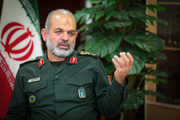
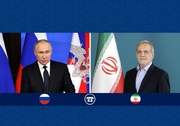
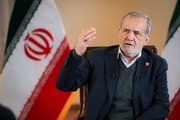
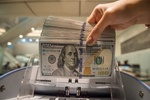
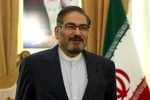
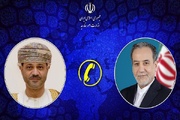
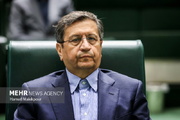
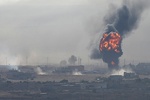
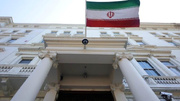
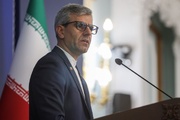
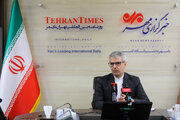
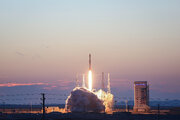



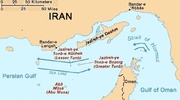



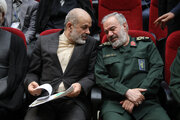
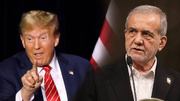


Your Comment